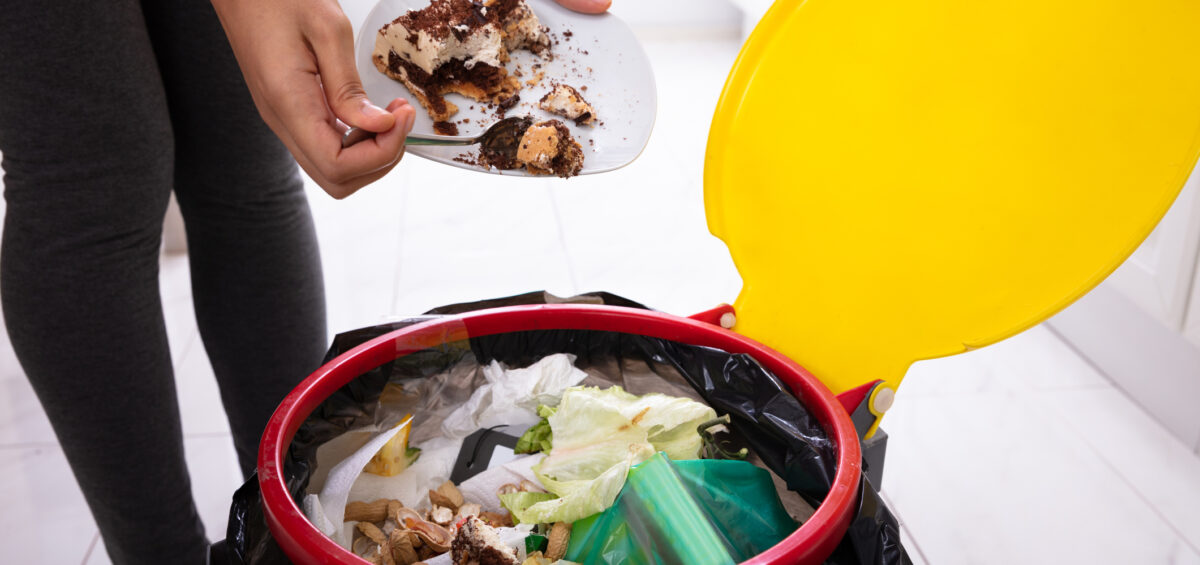Even with more people aware of this hot topic and a push to do better, there still seems to be a lot of waste when it comes to the restaurant industry. According to the National Restaurant Association, 22-33 billion pounds of food is wasted each year. Full service restaurants, along with buffets, typically have more waste since they offer more options and generally have larger portions, but this problem is widespread through the restaurant industry. The good news is, there are ways to help control the amount of wasted food as long as everyone works together and puts in effort. Here are some ways your restaurant can put ideas into action and move towards reducing waste. Your restaurant will not only make moves towards waste reduction, but should also begin to see profit increase as a result.
When you better manage your inventory, you will better manage your waste, and now you can easily do both! Thanks to software advancements, you can accurately track your waste and make educated decisions about what food is selling and what is sitting on the shelf and going bad. Ordering the correct amount of food has never been easier. You can track and compare how your restaurant did in the same week the previous year and order accordingly. This is also helpful around holidays when you might need to order more. Compare how you did the last year or two and then place your orders. This way, you not only know if you need to order more, but you will know how much more you need. The reports are automatically generated, easy to access and easy to read, so if your restaurant has not implemented some type of inventory management software, they should definitely look into it and discover the many benefits that accompany utilizing it.
Properly Store Food
Ensuring that your refrigerators and freezers are set to the right temperatures is important when it comes to controlling food waste. Monitoring the temperature allows you to know when something is wrong so you can take action quickly. Have a back-up plan in place in case of a refrigerator or freezer not working properly. Label your produce so you know when food arrived and store them in a way that everyone knows which food needs to be used first and which ones are newer and can sit on the shelves a little longer. This might take a little more time to unload and organize a shipment, but it will allow you to reduce waste and help make better use of your resources.
Consistent Portions
Knowing how much food each recipe calls for, down to every last ingredient, will help you reduce waste. This can be difficult to figure out manually, but with the right software you can rest assured that your plate costing and portions are accurate.
Customers can also play a role in reducing waste. If the portion is too large, ask for a to-go box and make it another meal during the week. Restaurants can also do a thorough job with staff training to ensure that employees know the importance of reducing waste so they can be aware of ways they can help make an impact. Reducing waste is a team effort and will take everyone doing their part in order to make big changes.











